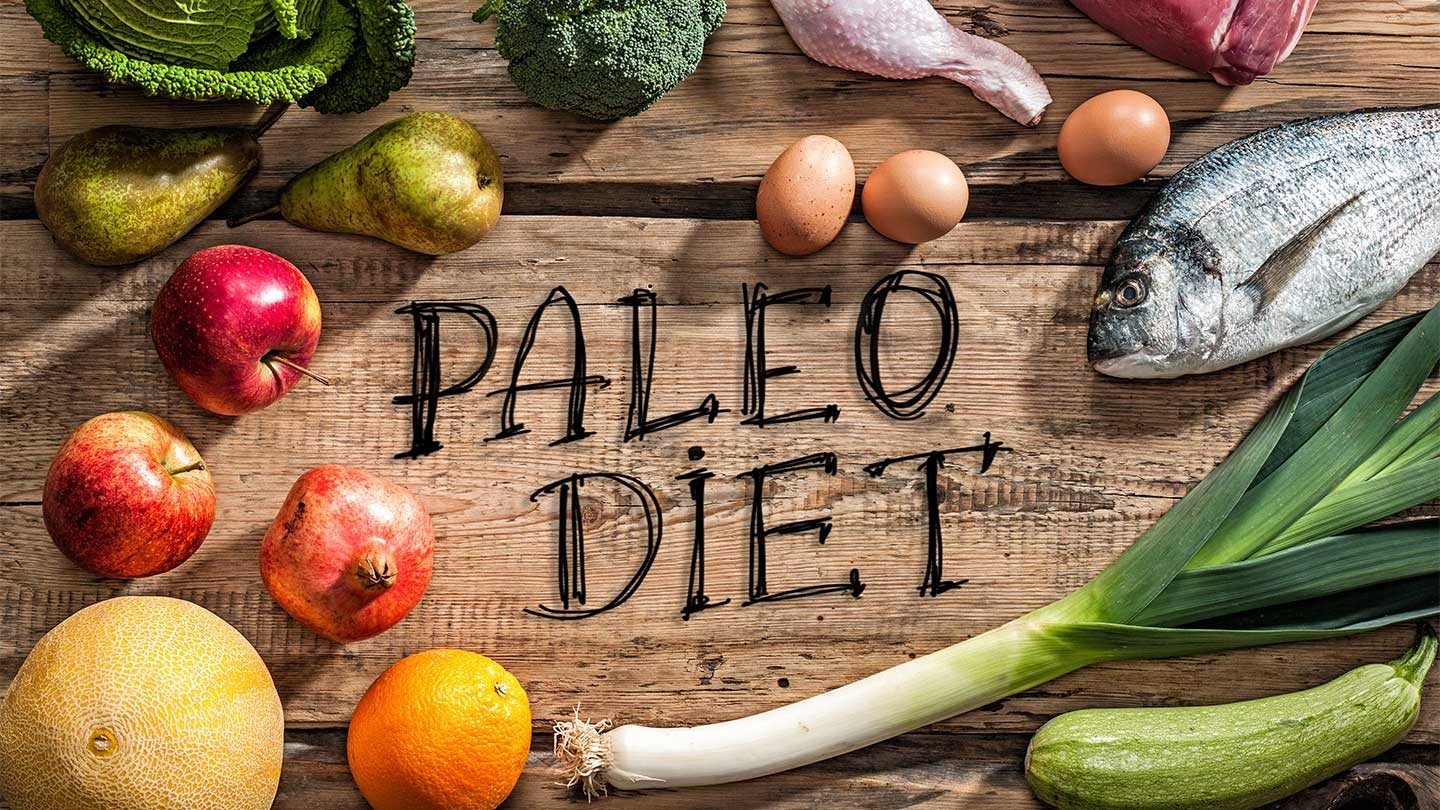10 Nutritional Benefits of Yogurt

Your morning yogurt bowl (with ALL the toppings) does so much more for your body than just provide a nice balance of macros—although it totally does that, too. Learn more about the sometimes surprising yogurt health benefits that will make you want to eat this creamy treat every morning, afternoon, and night.
1. Yogurt can give you flat abs.
Eat 18 ounces a day and you can drop a size. People who ate that much—in conjunction with cutting their total calories—lost 22 percent more weight and 81 percent more belly fat than dieters who skipped the snack, according to research from the University of Tennessee, Knoxville. They also retained one-third more lean muscle mass, which can help you maintain weight loss.
2. Most brands of yogurt contain good-for-you bacteria.
The words “live and active cultures” on the container mean that your yogurt has probiotics, beneficial bugs that live in your digestive tract and help crowd out harmful microorganisms that can cause intestinal infections. (Only a very small number of companies put yogurt through a post-pasteurization process that kills off all bacteria.) But many varieties now also contain special strains of probiotics meant to help regulate your digestion or strengthen your immune system.
3. Yogurt is loaded with vitamins.
One serving is a significant source of potassium, phosphorous, riboflavin, iodine, zinc, and vitamin B5 (pantothenic acid). Yogurt also contains B12, which maintains red blood cells and helps keep your nervous system functioning properly.
4. A cup of yogurt a day can help you recover faster after a workout.
With the right ratio of protein to carbohydrates, yogurt, particularly high-protein Greek yogurt, makes an excellent post-sweat-session snack. “The perfect time to grab a container is within 60 minutes of exercise,” says Keri Gans, R.D., a nutritionist in New York City. The protein provides the amino acids your muscles need to repair themselves,
5. Not all yogurt is equal when it comes to calcium and vitamin D.
Since it naturally contains calcium, you’d think the yogurt health benefits and vitamin D amount would be the same no matter which yogurt you pick. Wrong. “The levels can vary widely from brand to brand, so you really need to check the label,” Newgent says. How much is in a container depends on processing. For instance, fruit yogurt tends to have less calcium than plain because the sugar and fruit take up precious space in the container. “Vitamin D isn’t naturally in yogurt, but because it helps boost calcium absorption, most companies add it,” Newgent explains.
6. Yogurt may prevent high blood pressure.
Every day, 70 percent of us consume more than twice the recommended amount of salt; over time that can lead to hypertension and kidney and heart disease. The potassium in yogurt, almost 600 milligrams per 8 ounces, may help flush some of the excess sodium out of your body.
7. A daily serving of yogurt keeps colds away.
How about this for a surprising yogurt health benefit: Dig into 4 ounces each day and you may find yourself sniffle-free in the months ahead, according to a study at the University of Vienna. Women eating this amount had much stronger and more active T cells, which battle illness and infection, than they did before they started consuming it.
8. Yogurt can help your smile.
Despite its sugar content, yogurt doesn’t cause cavities. When scientists at Marmara University in Turkey tested low-fat, light, and fruit flavors, they found that none of them eroded tooth enamel, the main cause of decay. The lactic acid in yogurt appears to give your gums protection as well.
9. Raw doesn’t mean better.
Virtually all the yogurt in your grocery store has been pasteurized—that is, exposed to high temperatures to kill any harmful pathogens. Raw-dairy fans claim that unpasteurized milk, yogurt, and cheese are better for you because they contain more health-boosting bacteria, but pasteurization doesn’t destroy beneficial probiotics, Newgent explains.
10. Yogurt is a high-protein food.
You probably already knew about this yogurt health benefit: Yogurt can be an excellent source of protein. But apparently, “one variety may contain more than double the protein of another,” says Blatner. Greek yogurt, which is strained to make it thicker, has up to 20 grams of protein per container; traditional yogurt may have as few as 5 grams.
Source – Shape
Sign Up to Our Newsletter
Get notified about exclusive offers every week!








